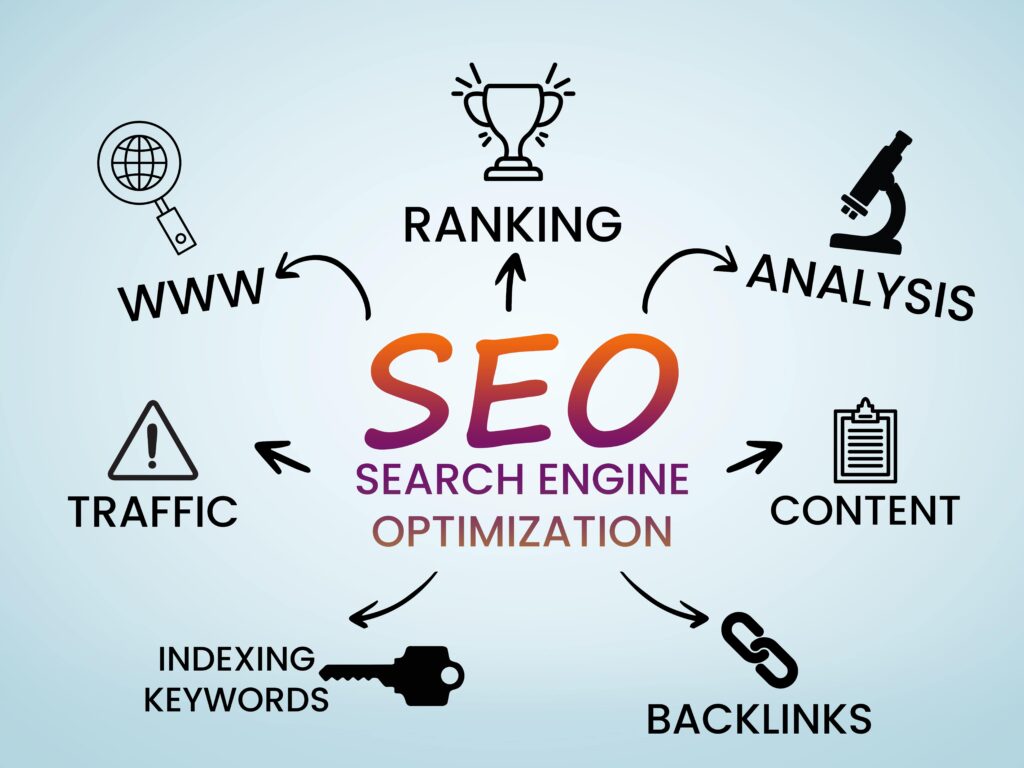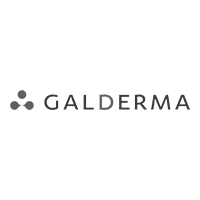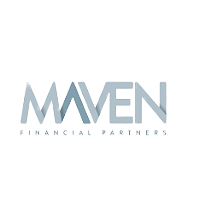
Introduction
Are you tired of your website languishing in the depths of search engine results pages? Do you want to improve your online visibility and attract more visitors to your practice? If so, you need to harness the power of SEO – the art and science of optimizing your website for search engines. But don’t be fooled into thinking that SEO is a one-size-fits-all solution. To truly succeed, you need a strategic approach that considers the constantly evolving algorithms of search engines like Google, the ever-changing landscape of online marketing, and your target audience’s unique needs and preferences. In this blog post, we’ll explore the power of SEO and share some proven strategies for improving your website’s search engine ranking and driving more traffic to your practice. Let’s explore the world of SEO and discover the techniques to help your website soar to the top of the search results.
Understanding the Mechanics of Search Engines
Before we dive into the strategies for improving your website’s search engine ranking, it’s important to understand how search engines work. Search engines use complex algorithms to analyze and rank websites based on various factors such as relevance, authority, and user experience. The algorithms constantly evolve to provide users with more accurate and valuable results. To improve your website’s ranking, you need to optimize it for these algorithms by ensuring it is technically sound, easy to navigate, and relevant to your target audience.
Technical optimization ensures that your website is mobile-friendly, has fast loading times, and is secure. These technical factors are important because they affect user experience and can impact how search engines view your website. Additionally, a technically optimized website is more likely to be favored by search engines and be ranked higher in search results.
Navigation optimization involves organizing your website in a logical and user-friendly manner so visitors can easily find the information they need. This improves user experience and helps search engines understand the structure of your website and the importance of different pages.
Relevance optimization involves creating high-quality content that is relevant and useful to your target audience. This includes using targeted keywords relevant to your business and creating content that answers common questions or solves problems your target audience may have. By creating relevant content, you can establish your website as a trusted authority in your niche and improve your search engine ranking.
Optimizing for Technical Factors
Search engine algorithms consider technical factors when ranking websites, so optimizing your website for these factors is important. One of the most important technical factors is mobile responsiveness. With more people using their mobile devices to browse the internet, optimizing a website for mobile devices is essential. This involves using responsive design, which means that the layout of your website adapts to different screen sizes and resolutions.
Another important technical factor is page speed. Websites that load quickly have a better user experience and are favored by search engines. To improve your website’s page speed, you can compress images, use a content delivery network (CDN), and minimize the use of large files such as videos and animations.
Finally, website security is also important for search engine rankings. Search engines favor websites that use HTTPS encryption, which helps protect users’ data and prevents cyber attacks. To ensure your website is secure, you can obtain an SSL certificate, a small data file that encrypts information between your website and users’ browsers.
Streamlining Navigation for Improved User Experience
One of the most critical elements of a website’s search engine ranking is its user experience. A website that is easy to navigate is more likely to attract and retain visitors. Navigation optimization involves streamlining the navigation menu to make it easy for users to find the necessary information. Here are some strategies for optimizing your website’s navigation:
- Simplify the Navigation Menu – A cluttered navigation menu can confuse users and make it easier to find what they want. Simplify the menu by grouping related pages and removing unnecessary links.
- Use Descriptive Labels – Use descriptive labels for menu items instead of generic terms. This helps users understand what each link leads to and can encourage them to click through to the page.
- Create a Search Function – Including a search function on your website can make it easier for users to find what they want. Make sure the search function is prominent and easy to use.
- Optimize the Footer – The footer of your website is a valuable space that can be used to display links to important pages or to include a site map. This makes it easier for users to navigate your website and find the necessary information.
Creating Relevant Content for Better Search Engine Rankings
Creating high-quality, relevant content is one of the most effective ways to improve your website’s search engine ranking. Search engines favor websites that regularly publish fresh, informative content relevant to their audience. Here are some strategies for creating relevant content for your website:
- Conduct Keyword Research – Start by researching the keywords and phrases your target audience is searching for. Use keyword research tools to identify your practice’s most relevant and high-traffic keywords.
- Develop a Content Strategy – Once you have identified your target keywords, develop a content strategy that focuses on creating high-quality, informative content that uses those keywords. This can include blog posts, articles, infographics, and videos.
- Optimize Content for Search Engines – Optimize content for search engines by including relevant keywords in the title, meta description, and throughout the content. However, be careful not to overuse keywords, as search engines see this as spammy.
- Use Internal Linking – Internal linking is the practice of linking to other pages on your website within your content. This can help search engines understand the structure of your website and improve the user experience by directing users to relevant pages.
By creating relevant and informative content optimized for search engines, you can improve your website’s search engine ranking and attract more traffic to your practice. In the next section, we’ll explore strategies for building high-quality backlinks to your website.
Conclusion
Improving your website’s search engine ranking is crucial for driving more traffic to your practice. By implementing the strategies outlined in this article, including optimizing your website’s structure, streamlining navigation, and creating high-quality, relevant content, you can improve your website’s search engine ranking and attract more visitors.
However, optimizing your website for search engines can be complex and time-consuming. That’s where Growth99 comes in. Our team of experienced digital marketing professionals can help you optimize your website for search engines and develop a comprehensive digital marketing strategy that drives more traffic to your practice and increases your online visibility.
At Growth99, we provide customized digital marketing solutions for healthcare practices. From search engine optimization to social media marketing, we can help you reach more patients and grow your practice. Contact us today to learn more about our services and how we can help you achieve your marketing goals.




























